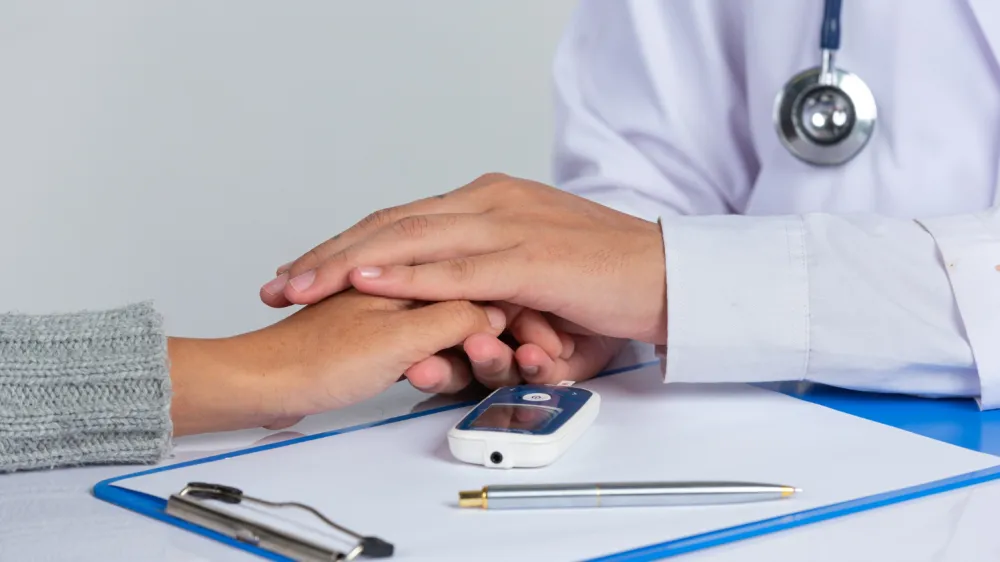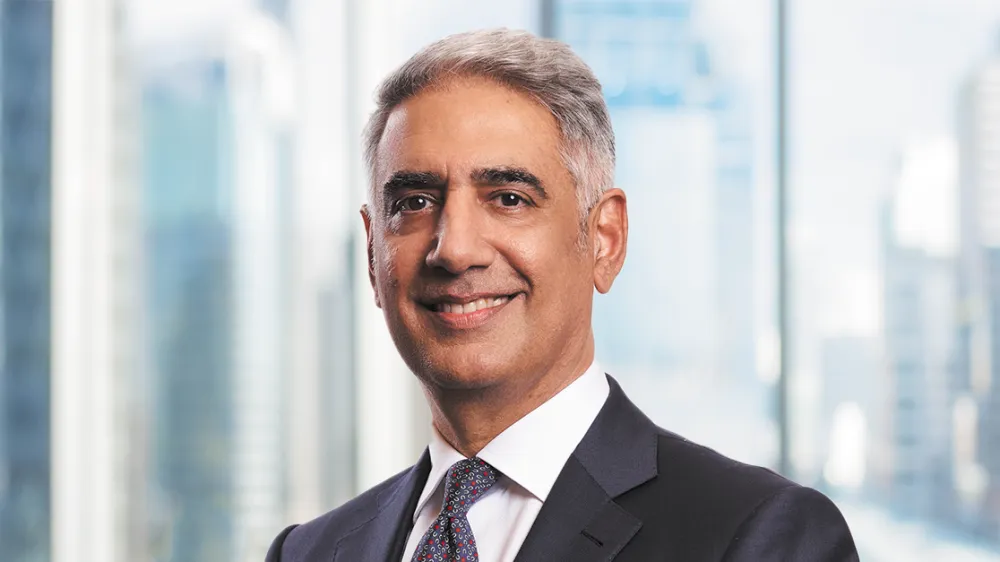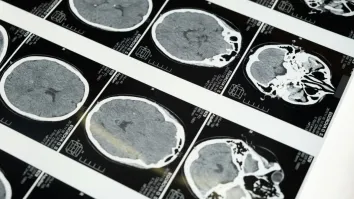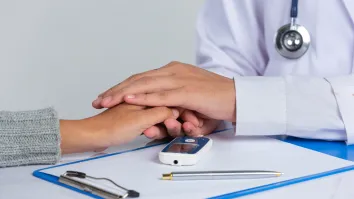
Elderly Australians least comfortable with telemedicine
Nonetheless, more than half of the age group found its use to be comfortable.
The elderly in Australia emerged as the least comfortable age group with telemedicine, with 32% of Australians 65 and older who were uncomfortable with it compared to 10% to 12% for those from the younger age group, a survey by a home care provider, TheCareSide, revealed.
This was partly attributed to the learning curve being possibly more difficult for older people, and to access challenges due to common health changes with ageing. “For example, arthritis in the hands and finger joints can make it more difficult to type and use a computer. Decreased hearing makes it more difficult to understand a phone conversation,” TheCareSide said.
Further, telemedicine often requires patients to learn and even download unfamiliar software, which might have made some elderly wary of their privacy, the report added.
Nonetheless, more than half or 56% of seniors expressed they are comfortable using telemedicine technology. “This comfort could be the result of necessity: many people were forced to use telemedicine during the pandemic, and it’s possible that people became comfortable with it because they had no choice but to use it,” the report added.
On the other hand, a significant majority across age groups said they prefer in-person healthcare. This may have been because many healthcare needs simply can’t be met remotely, the report stated.
“When you need labs, a biopsy, or a physical exam, your provider will need to see you in person. Perhaps this preference for in-person is simply an acknowledgement that many health needs can’t be met by a telehealth visit,” the report found.



















 Advertise
Advertise






